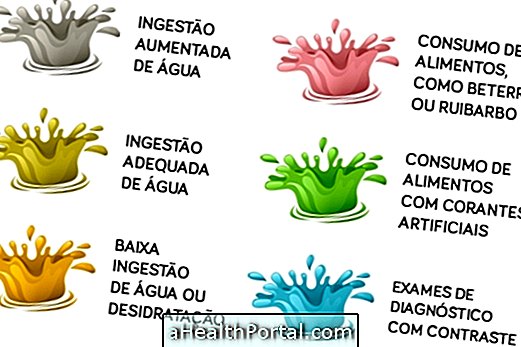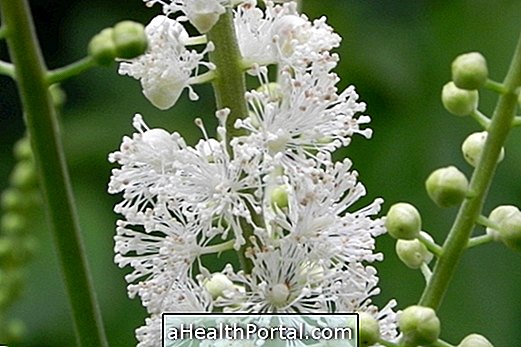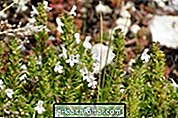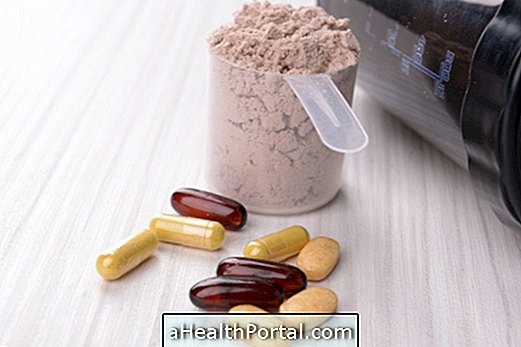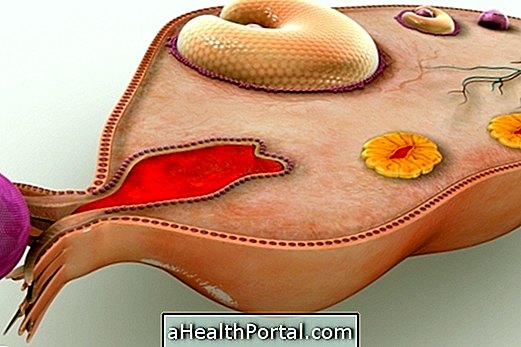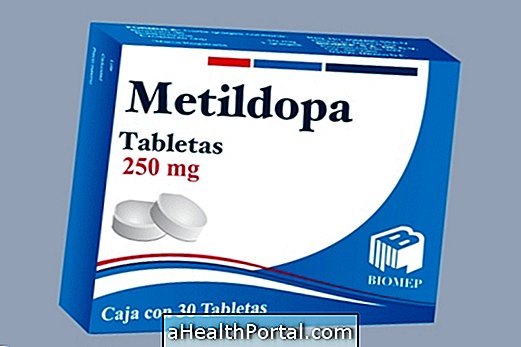Adrenal fatigue is a term used to describe the body's difficulty in dealing with high levels of stress for a long time, causing symptoms such as pain in the whole body, difficulty concentrating, craving for very salty foods or persistent tiredness, even when sleeping well .
Although adrenal fatigue is not yet recognized as an illness by traditional medicine, many naturopaths believe that this type of fatigue arises when the adrenal glands above the kidney fail to produce adequate levels of cortisol, causing the body have greater difficulty coping with stress and avoiding its consequences. Know all the risks of high levels of stress and anxiety.
Usually, treatment is made with changes in living and eating habits, but supplementation with herbs can also be used to help relieve stress naturally.
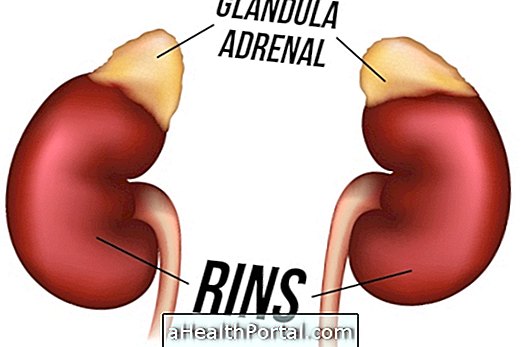
Main symptoms
The most common symptoms of adrenal fatigue may include:
- Excessive tiredness;
- Whole body pain;
- Loss of weight without apparent cause;
- Decreased blood pressure;
- Will for very sweet or salty foods;
- Frequent dizziness;
- Recurrent infections, such as colds or flu.
In addition, the sensation of increased energy at the end of the day is also quite common, due to the deregulated levels of cortisol, which can cause peaks early in the night and may result in insomnia.
What tests help in the diagnosis
Although there are no tests capable of proving adrenal fatigue, however, the doctor or naturopath may suspect this diagnosis through the symptoms and clinical history of each person.
In many cases, it is still common for the doctor to order several laboratory tests to see if there is another disease that may be causing the symptoms.
How is the treatment done?
The main form of treatment for adrenal fatigue is to adopt good daily habits, in addition to eating healthy. So, some important habits to relieve the symptoms are:
- Participate in leisure activities such as gardening, yoga, gymnastics or dancing;
- Minimize sources of physical, emotional or psychological stress . Here are some techniques to reduce stress and anxiety;
- Sleep 8 hours a night, or between 7 a 9 hours;
- Avoid foods with high sugar, such as cakes, soft drinks or treats;
- Avoid high-fat foods such as fried foods, sausages, or fatty cheeses;
- Decrease alcohol consumption, especially at the end of the day.
In addition, naturopath also often indicates the use of supplements with herbal extracts, to help in relaxation and decrease stress levels.
Natural treatment with medicinal plants
Medicinal plants should, if possible, be used in the form of supplements since the concentration of their active ingredients is much superior to any tea or infusion, with faster effects. Some of the most used plants are:
- Licorice : 1 to 4 grams, 3 times a day;
- Ashwaganda : 2 to 3 grams, 2 times a day;
- Panax ginseng : 200 to 600 mg per day;
- Rhodiola rosea : 100 to 300 mg, 3 times per day.
This type of supplements should always be directed by a naturopath, as there are some plants that are contraindicated for pregnant or elderly, as well as may have interactions with some medicines used, for example.



